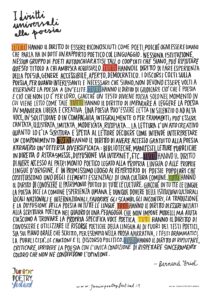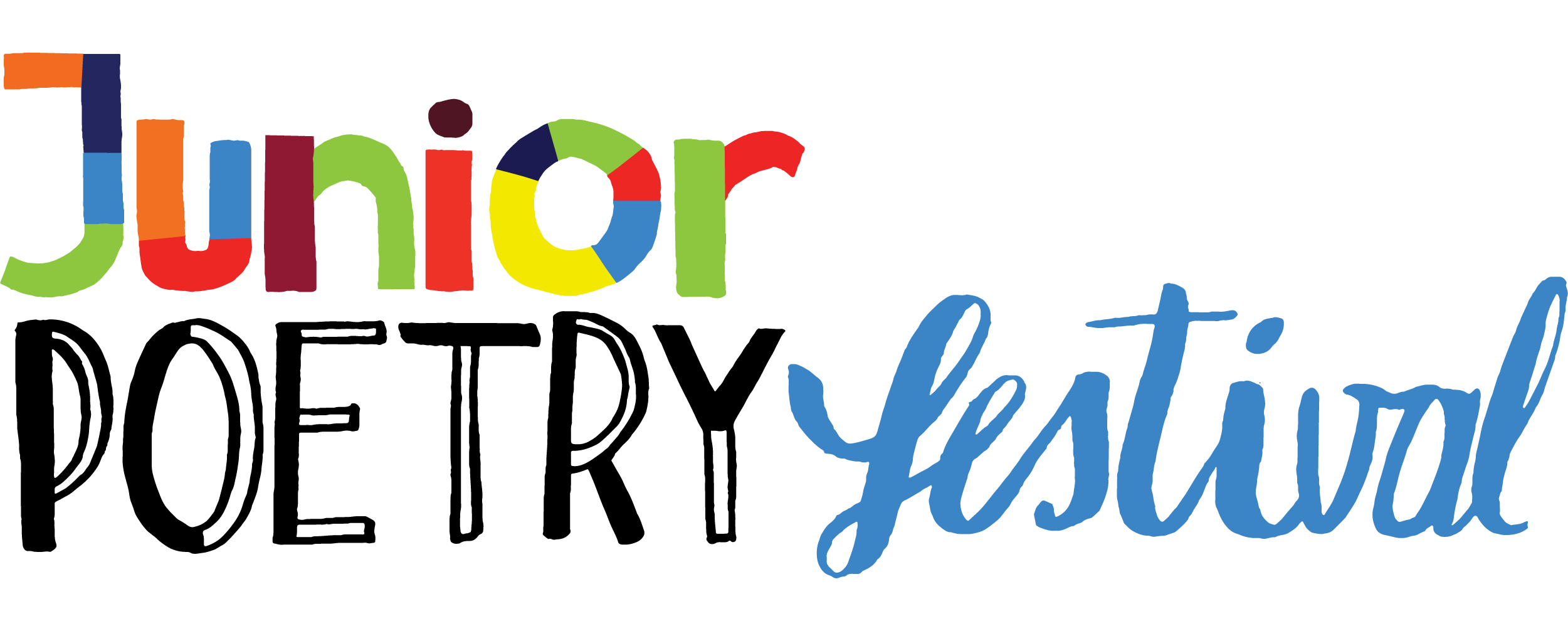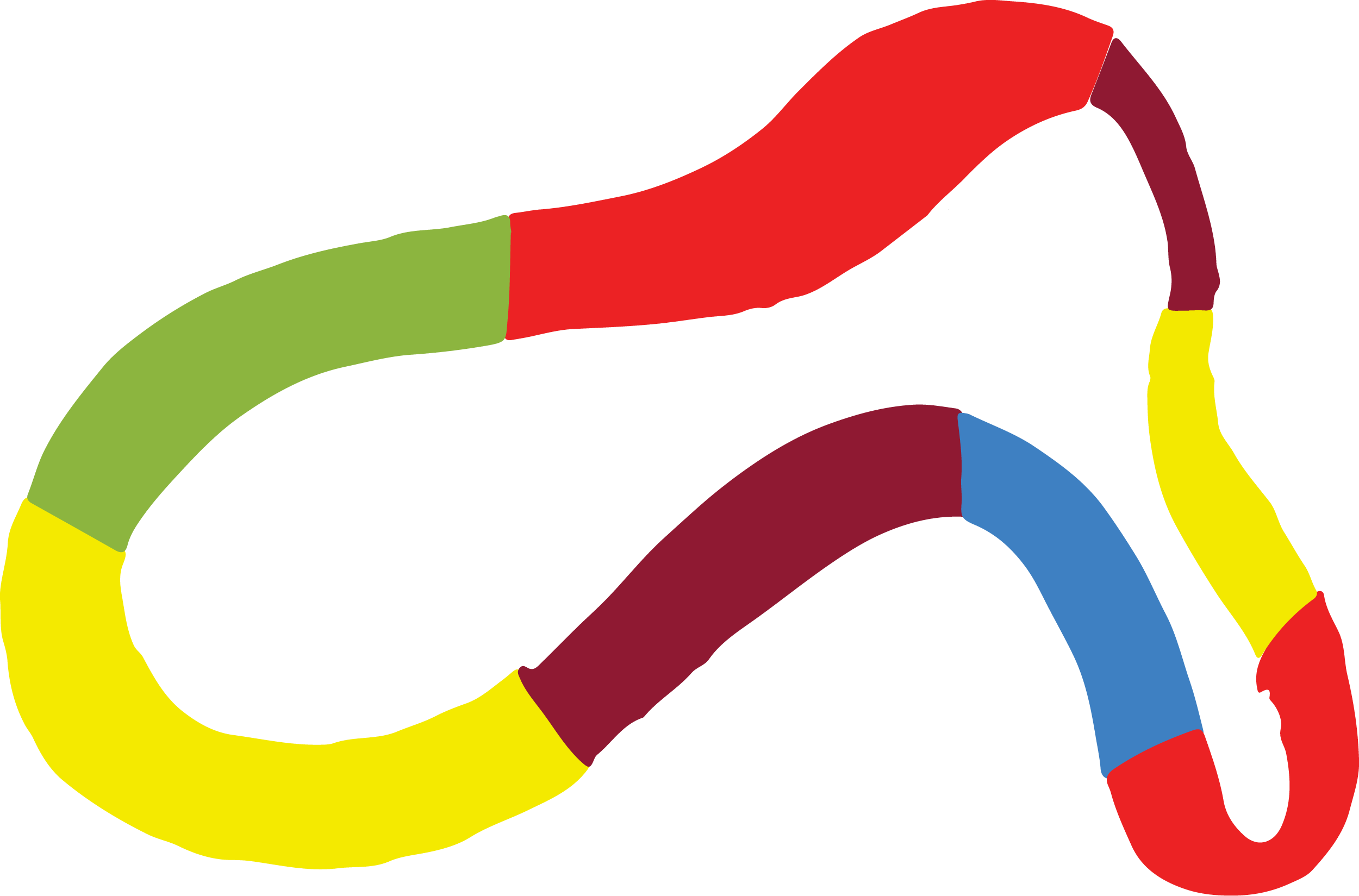15 Apr The Universal Rights to Poetry 🇬🇧
«Tutti gli usi della parola a tutti : mi sembra un buon motto, dal bel suono democratico. Non perché tutti siano artisti, ma perché nessuno sia schiavo.»
(Gianni Rodari)
«En dépit de l’opinion commune, la poésie est le genre le plus facile, le plus ouvert.»
(Denis Roche)
«Most people ignore most poetry, because most poetry ignores most people.»
(Adrian Mitchell)
Universal Rights to Poetry
Everyone has the right to be recognized as a poet, because every human being is endowed with a poetic relationship to language. No institution, no group of self-declared or co-opted poets can refuse this title to one who wishes to obtain it.
Everyone has the right to experience poetry as the easiest, freest and therefore most democratic literary genre. Scholarly speeches on poetry—however interesting and necessary they may be—should not be misused to reserve poetry for an elite.
Everyone has the right to judge what is or isn’t poetry to them, because a text becomes poetry only when it is read as such.
Everyone has the right to learn how to read poetry in a free and creative way. A poem can be read aloud or silently, alone or with others, in its entirety or in fragments, can be sung, illustrated, imitated, modified, copied… Reading is an act as creative as writing and it is up to the reader to decide how they want to interpret the poem.
Everyone has the right to access poetry for free through a diversified offer: libraries, posters, live or broadcast public readings, Internet broadcastings, etc.
Everyone has the right to access the poetic heritage linked to their language or languages of origin and first and foremost the repertoire of mainstream poetry which constitutes one of the essential elements of a common culture.
Everyone has the right to know about the poetic heritage of all cultures because in all languages poetry speaks of the common human experience. Therefore, it is the duty of local, national and international cultural institutions to promote exchanges, meetings, poetry translation, and the dissemination of poetry in all languages.
Everyone has the right to be initiated to poetic writing as part of a pedagogy that does not impose models but helps everyone find their unique poetic voice.
Everyone has the right to know and use language’s poetic resources beyond the scope of poems, both in speaking and in writing, for instance in fiction, theater, advertisement, songs, political speeches.
Everyone has the right to refuse, criticize and mock poetry on the sole condition that they respect sincerely those who do not share their opinion.
The image of the Universal Rights to Poetry (in Italian) is the work of Francesca Ballarini.



